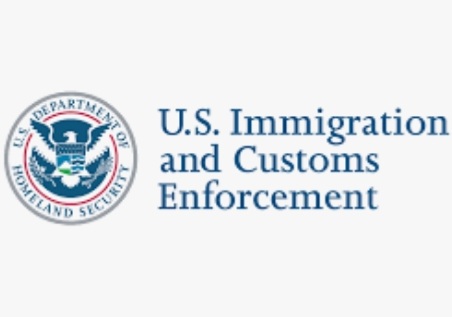Federal immigration authorities are now allowed to conduct arrests and enforcement actions in and around locations such as churches and schools, signaling a shift from the long-standing policy of avoiding “sensitive areas.”
Acting Homeland Security Secretary Benjamine Huffman announced the policy change, which grants agents greater discretion in enforcement and ends a legal pathway for some migrants seeking entry into the United States.
“Criminals will no longer use America’s schools and churches as hiding places to evade arrest. The Trump Administration trusts our law enforcement officers to exercise common sense,” the statement declared, highlighting the administration’s tougher stance on immigration enforcement compared to the Biden administration.
Since 2011, Immigration and Customs Enforcement (ICE) had guidelines barring arrests in sensitive locations, a policy reinforced under the Biden administration. Immigrant advocates warn that repealing these protections could instill fear in immigrant communities, discouraging children from attending school or individuals from seeking medical care.
Additionally, the administration is phasing out parole programs that allowed certain migrants to temporarily live and work in the U.S.
While details about specific programs were not provided, the statement criticized the Biden administration for allegedly overusing the parole program, allowing 1.5 million migrants into the country. The policy will now revert to reviewing parole requests on a “case-by-case basis.”
The statement emphasized that this rollback marks a return to the original intent of the humanitarian parole program, ensuring stricter immigration control and enforcement.












